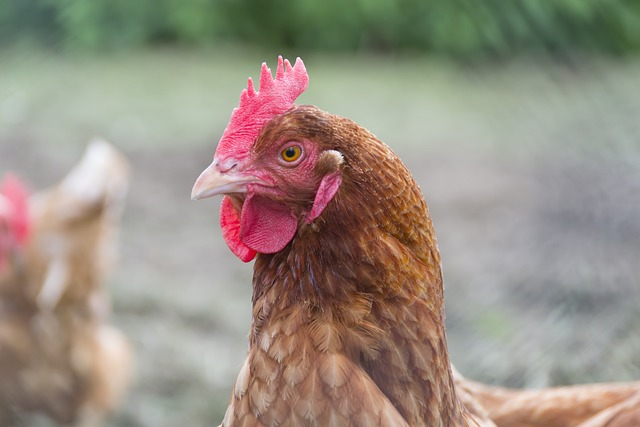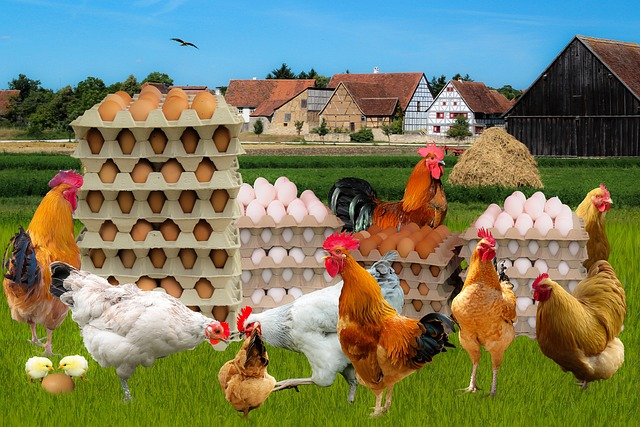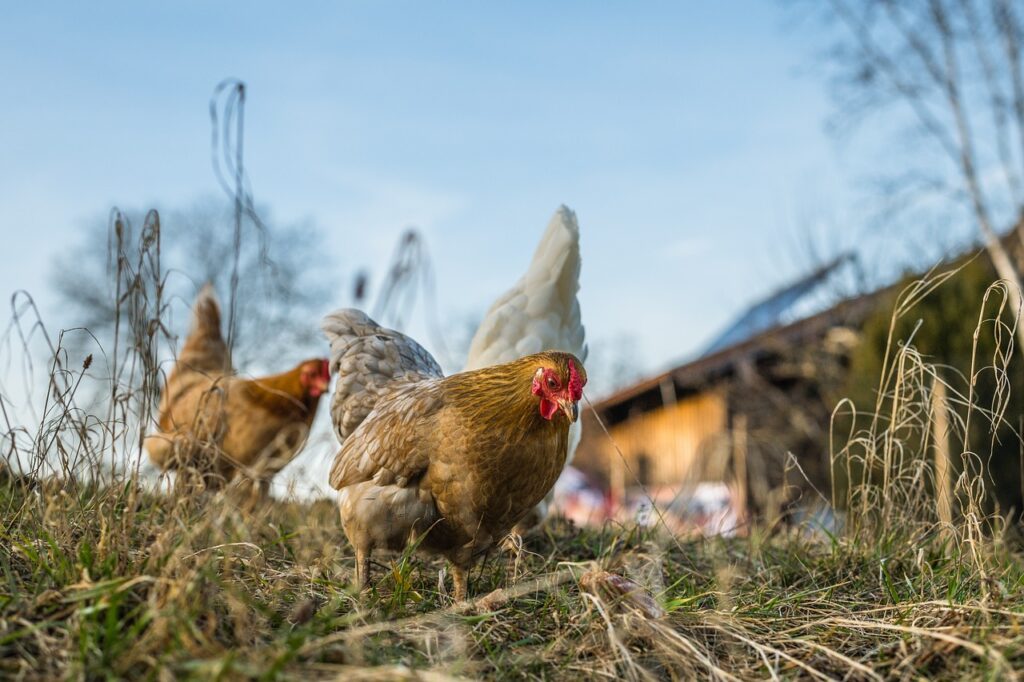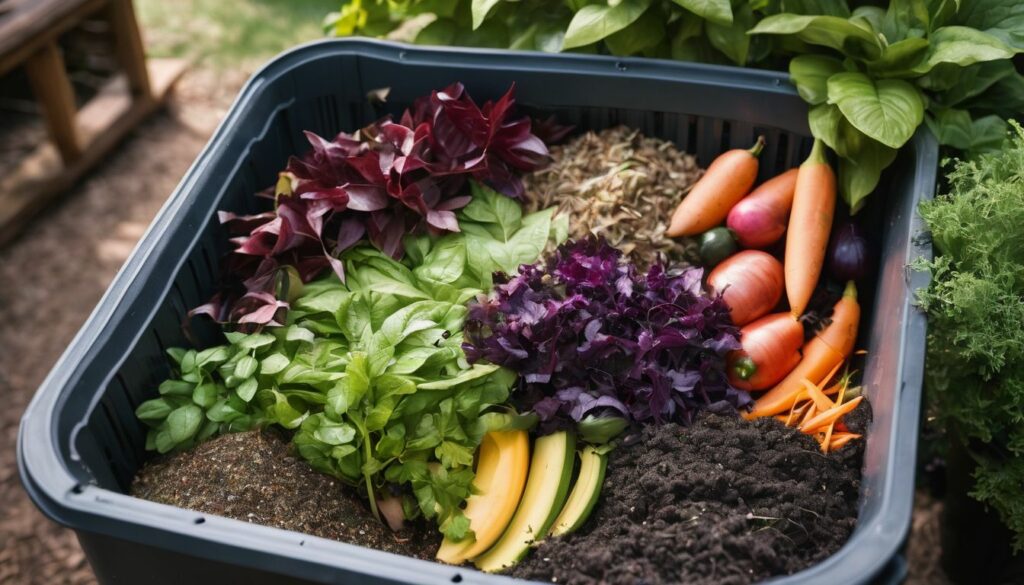Chickens are known for low maintenance with high rewards. But this doesn’t always happen. Sometimes you work hard and do everything you think you should do to increase your productivity, only the opposite.
It is super easy to get fresh eggs, and raising chickens is one of the easiest animals to have. Most days, I find eggs in the nesting boxes like clockwork. Most chickens lay eggs every day.
A few months ago, my chickens stopped laying eggs. I became very worried because my egg production is very high, with most hens laying eggs every day or so. So I asked a friend with more chicken experience, “Why aren’t my chickens laying eggs?”
The short answer is that the chickens stop laying eggs because of molting and extremely hot or cold weather. In my case, the hens stopped laying eggs because they were molting hens.
Mostly it is not your fault. Many factors could be a reason, and this article answers your critical question: Why aren’t my chickens laying eggs? You will also learn what to do and how to deal with the situation. Read on.

Why Aren’t my Chicken Laying Eggs – Egg Laying Hens
You went to your chicken coop and noticed our hens stop laying eggs. Don’t worry; there can be many reasons for chickens to stop laying. If you are noticing fewer eggs these days from your backyard chicken coop, the reason could be any of the following:
Not Enough Light
Just like humans, there are more benefits of light to your chickens than you could ever imagine. For example, they need at least 16 hours of daylight to be in their best shape and for maximum production.
Without enough light, they may slowly stop laying eggs because of a hormonal response to days getting shorter. During winter seasons, you can opt for additional light to encourage your chicken to keep laying eggs
Living Environment
Just like humans need a comprehensive living environment to be the most productive, the same goes for chickens. You want to make sure their coops are well maintained and comfortable enough not to stress them.
A bad environment may result in poor egg production. It may be caused by easy access by predators, overcrowding, loud noises, poor nutrition, diseases, excess heat or cold, or aggressive chickens in the flock.
Make sure the nesting boxes are clean and easy for them to get to. I usually put some hay in the nesting box to comfort them. I find the hens lay in the same ones. Everyone once in a while, I have one chicken that will lay eggs in another place than the nesting box.
You can take these measures to ensure no stressors in the coops;
-
Use galvanized wires on your doors and windows, and add metal screens to protect against predators.
-
Provide enough space for each bird to prevent overcrowding
-
Offer clean, dry bedding for your birds
-
Separate hens from aggressive chickens
-
Keep temperatures comfortable
Nutrition
Nutrition is a big factor in your hens’ health and production. Make sure you always provide enough healthy food for your chicken. You also want to avoid over-treating and overfeeding them.
If your hens are not laying eggs, it could be because they do not have enough to eat, you are not feeding them healthy food, or you are over-treating them, which means the added treat could be diluting the nutrients in the feeds.
Molting
This is normal, so when it happens, don’t fret. Molting is the season when your birds start to shed old feathers, grow new ones, and stop laying eggs. You may have noticed that this mostly happens in the fall when sunlight hours decrease.
This season occurs for 8 to 16 weeks, during which chicken directs their energy to grow new feathers and take a break from laying eggs. To help them through, switch their feed to high protein, and switch back to high calcium feeds when they resume egg-laying.
Age
Just like humans, chickens, too, tend to slow down with age. They start laying eggs at the age of at least 20 weeks and continue for as long as their productive age allows. However, as seen above, egg production throughout this time depends on many factors.
These factors include feeding them enough, no stress, enough light, enough space, clean and dry coops to sleep, and nutritious feeds, among others.

At What Age do Chickens Stop Laying Eggs?
This depends on the breed and when they started laying eggs. Typically, hens start laying eggs between the ages of 18 to 22 weeks old and may go on to produce eggs for up to 3 to 4 years.
Of course, the quality of the eggs, the sizes, and production decrease with time. It also depends on many other factors, such as how well you are feeding them, their surrounding environment and living conditions, light supply, enough water, and safety from predators.
Egg production may also go down in some seasons, like fall, winter, and during molting. Otherwise, layers are usually at their production peak for up to 2years years before they start to slow down.
How to Increase Egg Production
There are some smart tips you can use to increase your egg production. They include;
Calcium Supplements
Calcium deficiency may cause slow production in eggs. Older hens, especially, are often calcium deficient. Using calcium supplements is a great way to ensure your hens are producing eggs at maximum.
Use Herbs
Research proves that some herbs can improve egg production. Moringa has been found to improve York color, the unit of eggs, and overall egg quality. Mint has been proven to improve egg production and quality, especially at a later laying stage. Other herbs include silage, ginger, Aloe Vera, and Propolis blend.
Treatments and vaccines
Like any other farm animal, chickens need regular vet checkups. Some vaccines are also essential regularly for high productivity. If your chickens are not in good health, you not only stand the risk of low egg production but also losing them.
What to do When Chickens Stop Laying Eggs
As seen above, there are many reasons why your chickens stop laying eggs. Here are some things you can do;
During Seasonal Changes
Under normal circumstances, your chickens will stop laying eggs during the cold seasons and when days are shorter, so there isn’t enough sunlight. Or during molting
In this case, you need to live it through. After all, it only happens for a few days or months, and your chickens return to their normal productivity. However, you can take different measures to help them through this season by adding light or adjusting their feeds to high protein during molting.
Change their Feed
Sometimes you could look far for a reason while it is still in your hands. Production of eggs depends on what your chickens feed on and how well you have kept them. If you notice poor quality, lesser production, or no eggs at all, especially if the hens are still young and supposed to be at their peak of production, you may want to change your Feed.
Make sure to seek help or consult a vet for expert guidance. Alternatively, revise their living condition. Chickens have hormones that respond to discomfort. Your birds may be overcrowded, which may cause some chickens to not to feed properly, resulting in fewer or no eggs.
Go for Meat Instead of Waiting for Eggs
Like humans, your hens reach menopause too (only that in chicken, it is called “henopause”). And when this happens, they slow down and stop producing as many eggs as they used to. Or they completely stop laying eggs altogether. This calls for you to start thinking alternatively.
You can use them for home consumption if they are not so many, or if you have a whole flock, you can consider finding a market for them.
Keep Them for the Other Purposes
As seen above, chickens are not only kept for meat and eggs. They still have a huge contribution to the environment. Instead of complaining and wallowing over your hens, no longer laying as many eggs as they used to, keep them for other purposes.
You can still use their manure as free fertilizer for your garden or keep them as natural pest controllers. Older chickens are also good at protection from predators so that they can protect themselves and the other chickens.
Care for your Older Chicken
Remember when your chickens used to lay every day, and you would collect dozens of eggs every morning, afternoon, and evening? It is payback time. If your hen stops laying eggs because of age, then there is nothing much you can do except to take care of them.
Besides, they are still useful and will help you in your garden by eating lots of bugs, insects, and weeds and producing high-quality manure.
Frequently Asked Questions
Why aren’t my Chicken Laying Eggs?
There could be a lot of reasons why your chickens stop laying eggs. One of the common reasons is during the fall and winter seasons. This is because they don’t get as much sunlight as they need. Poor feeds could also be a reason and other factors like overcrowding, molting, and age.
How Do I Encourage My Chickens to Lay Eggs?
You can increase your chickens’ production by allowing them more sunlight. Feed them natural and healthy food like leafy greens and keep them away from processed foods. You might also want to try supplements. Just make sure to consult your vet first.
What Foods Increase Egg Production?
Vegetables, leafy greens, nuts, and fruits are well-known chicken feeds that help increase egg production. Avoid too many carbs, processed foods, meats, and fats.
Conclusion
If you are a poultry farmer or just keeping a few chickens in your yard, one of your common questions is “why aren’t my chickens laying eggs?” This article has all the answers you need. You can now just find what your problems are and solve them.





